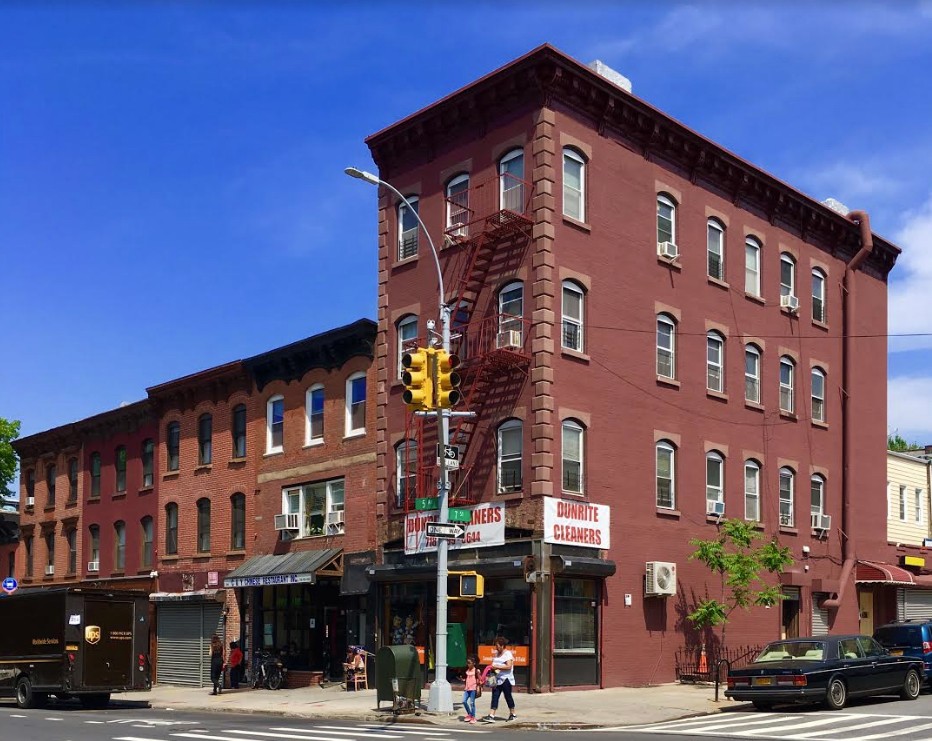Plastic bags in grocery stores will cost you, if new bill passes

That plastic bag your grocer puts your eggs and bread in at the checkout counter will cost you 10 cents, if a new bill introduced on Tuesday wins the City Council’s approval.
Lander (D-Park Slope-Cobble Hill) and Councilwoman Margaret Chin (D-Lower Manhattan) have introduced a bill that would require grocery stores to charge customers 10 cents for each plastic bag. There would also be a charge for paper bags, under the proposed legislation.
It’s in the interest of protecting the environment, according to Lander and Chin, who said New Yorkers use 5.2 billion carryout bags per year, the vast majority of which are not recycled. Plastic bags account for over 1,700 tons of residential garbage each week in New York City. The bill’s sponsors said plastic bags get stuck in storm drains, exacerbating flooding and sewage discharges into waterways, and are the fourth most commonly found type of litter on U.S. beaches.
